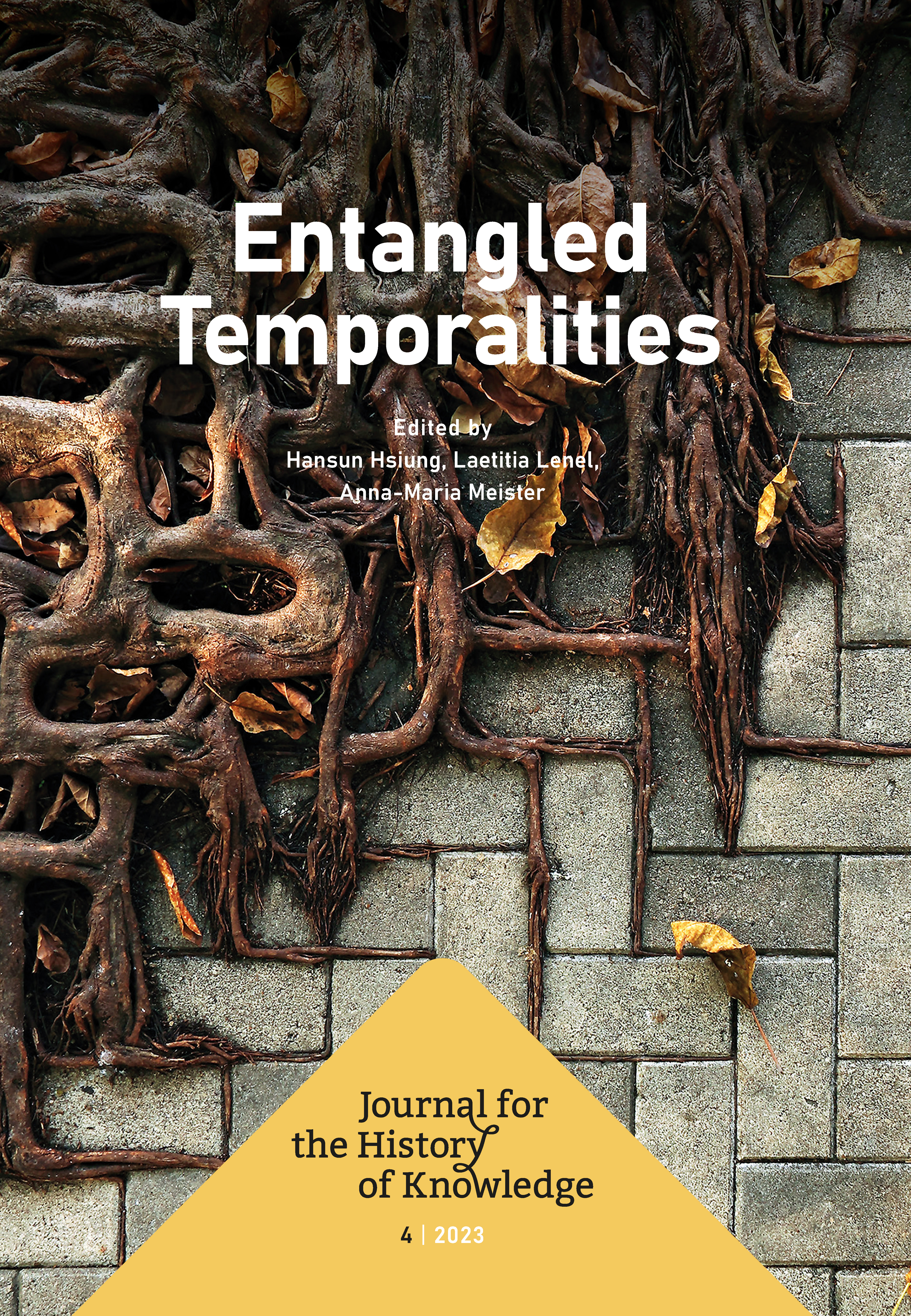When Is Medicine?
Contesting the Temporality of Healing in Precolonial South Asia
DOI:
https://doi.org/10.55283/jhk.12415Keywords:
History of medicine, South Asia, Ayurveda, Sanskrit, Medieval science, Historical epistemologyAbstract
Time was a problem in medieval South Asia. It was – among other things – a medical problem that philosophers and physicians set out to solve. The complexities of medical practice – which entailed considering an almost infinite set of variables and combinations – meant that no normal person could possibly derive the principles of medicine in a single lifetime. There was too much to know and too little time. This meant that medical practitioners had to rely on the words of other people to carry out their cures. Practicing medicine depended on trusting the proper authorities. This article follows the arguments of two philosophers employed in royal courts in the 9th century – Jayanta Bhaṭṭa and Ugrāditya – who constructed arguments about how to relate to the textualized past of medicine in Sanskrit. Both scholars accepted that the temporalities of knowledge necessitated that medicine was originally propounded by an omniscient individual. But they disagreed on who counted as an authority and on the value of the Sanskrit medical classics. The article uses these scholars to show the temporalities of medicine in pre-colonial South Asia as multiple, shifting and contested. Moving beyond binaries of historical and mythic time in colonial and pre-colonial South Asia, this article attends to the work of medieval scholars to explicate the multiple rhythms of time that existed side-by-side prior to the epistemic violence of colonialism and the rise of modern Ayurveda.
Before this article appeared in Volume 4 (2023), it had been published as 'online first' article on the website of Journal for the History of Knowledge on May 16, 2023. The article was not changed when it was published in the annual volume.
Downloads
Published
Issue
Section
License
Copyright (c) 2023 Eric Moses Gurevitch

This work is licensed under a Creative Commons Attribution 4.0 International License.



